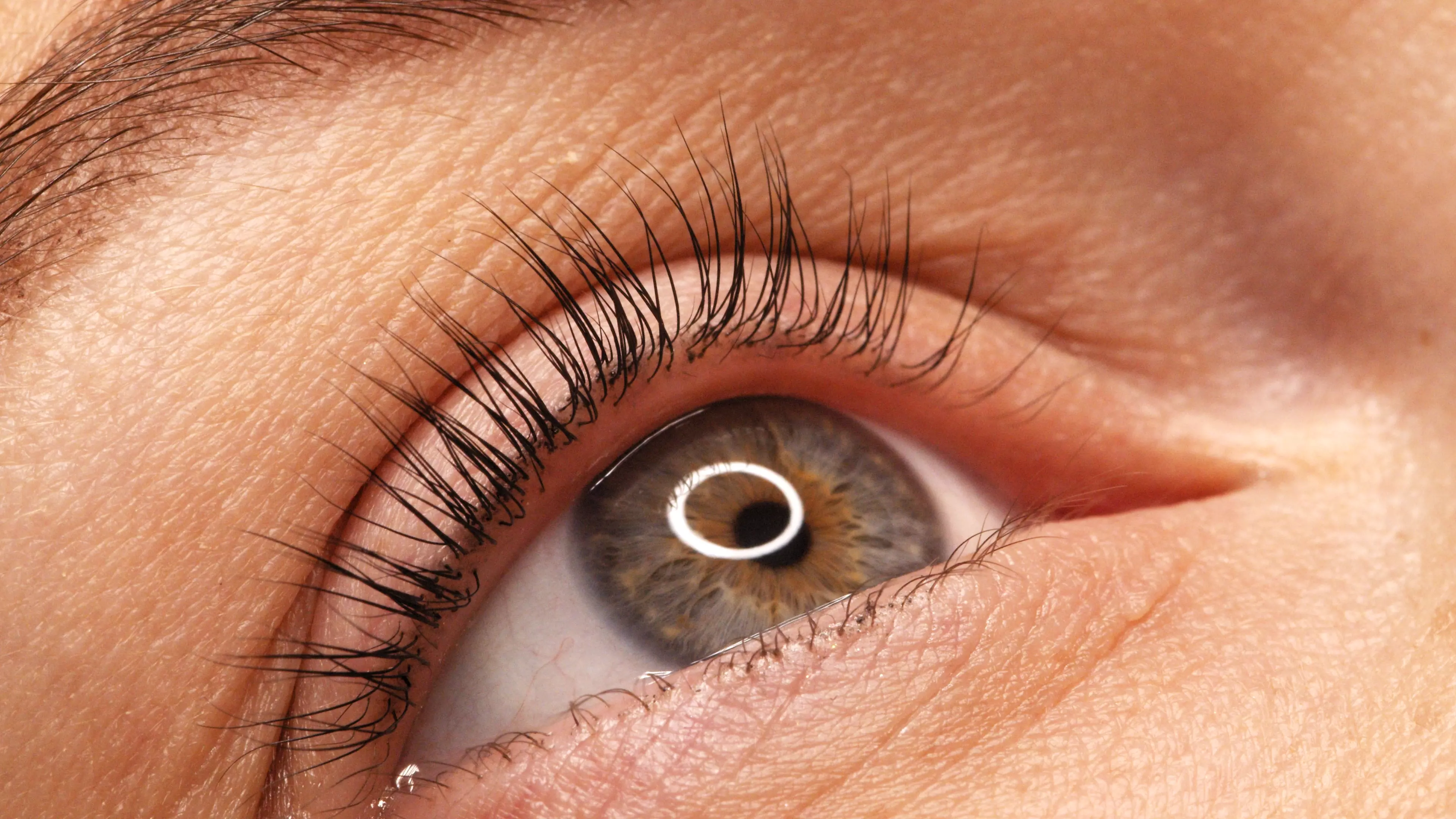Research on treatment of age-related macular degeneration
What is age-related macular degeneration?
Age-related macular degeneration (AMD, or age-related macular degeneration) is a chronic eye disease that leads to gradual loss of central vision. The macula (macula lutea) is located in the central part of the retina and is responsible for perceiving sharp central vision. With AMD, the macula is damaged, leading to deterioration of vision and significant difficulty in performing daily activities.
What are the causes of age-related macular degeneration?
The causes of age-related macular degeneration are not precisely known, but there are a number of risk factors that increase the likelihood of developing the disease. Among them, the most important are:
Age over 50SmokingHypertensionDiabetesAdvanced myopiaGenetic burdenSmokers are up to four times more likely to develop age-related macular degeneration. In addition, people with hypertension, diabetes or genetic burden are also more likely to develop the disease.
How does age-related macular degeneration manifest itself?
Age-related macular degeneration can be of two types: dry (ischemic) and wet (ocular). In dry AMD, the development of the disease is accompanied by a gradual deterioration of central vision. A person may experience blurred, distorted vision, difficulty recognizing faces or reading small type. On the other hand, in the case of wet AMD, the symptoms of dry AMD are also accompanied by problems with lateral vision and the presence of patches of dark spots in the visual field.
There are also risk factors that can accelerate the development of AMC. These include being overweight, an inadequate diet low in antioxidants, poor eating habits and loss of physical activity.
How to treat age-related macular degeneration?
Currently, there is no effective treatment for dry AMD. However, people with this form of the disease can benefit from vitamin supplementation, such as vitamin C, E, beta-carotene, lutein, zeaxanthin and zinc. Studies have shown that adequate doses of these ingredients can slow the progression of the disease or reduce its risk in people at high risk.
There are several effective treatments for wet AMD. The most popular is the injection of anti-VEGF (anti-vascular endothelial growth factor) drugs, which block the blood vessels responsible for creeping up under the macula and leading to macular damage. Injecting the drug directly into the eye can be uncomfortable, but it is the most effective therapy for patients with wet AMD.
It is also important to have periodic monitoring of the disease by an eye specialist and regular check-ups. With proper treatment and monitoring, it is possible to halt the progression of the disease and maintain the patient's visual acuity for as long as possible.
How to prevent age-related macular degeneration?
Although the development of AMD cannot be completely avoided, there are several measures that can reduce the risk of the disease. These include:
Reducing saturated fat and cholesterol intake through a healthy dietRegular consumption of vegetables and fruits rich in antioxidantsCessation of cigarette smokingControlling blood pressure and blood sugarRegular physical activityFor those with a genetic burden, it is especially important to take care of one's health and have regular check-ups with a specialist. Early detection of the disease can increase the chances of successful treatment and preserving visual acuity for a longer period of time.
Summary
Age-related macular degeneration is a chronic eye disease that leads to gradual loss of central vision. The causes of the disease are not exactly known, but there are many risk factors, such as smoking, high blood pressure, diabetes and higher age. Symptoms of age-related macular degeneration include deterioration of central vision acuity, blurred vision, problems recognizing faces or reading small print.
Treatment for age-related macular degeneration depends on the type of disease. In dry AMD, vitamin supplementation can slow the progression of the disease. However, in wet AMD, injections of anti-VEGF drugs are the most effective treatment. Prevention of the disease involves a healthy lifestyle, proper diet, regular physical activity, and controlling blood pressure and blood sugar.
It is also important to have the disease monitored regularly by an ophthalmic specialist, so that changes can be detected early and appropriate action taken. Although age-related macular degeneration is incurable, proper treatment and prevention can help patients maintain good visual acuity for as long as possible
.
Add comment